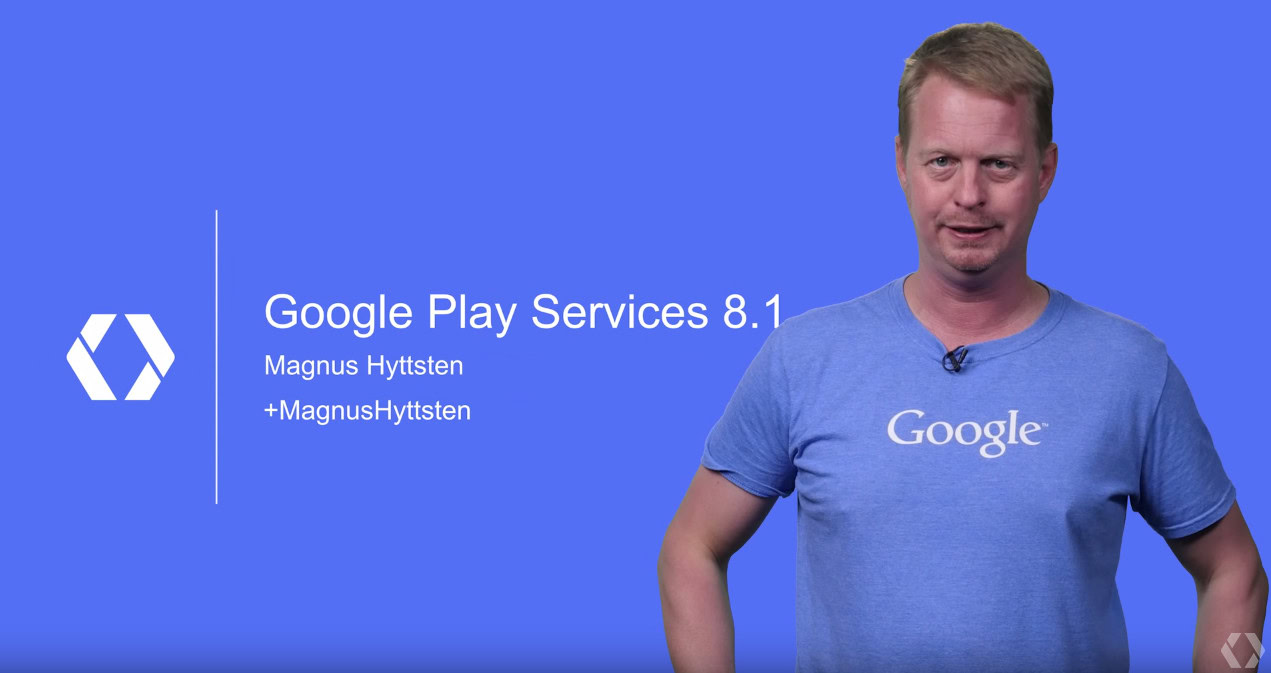Affiliate links on Android Authority may earn us a commission. Learn more.
Google Play services 8.1 SDK out now, brings ambient mode maps, app invites and more
September 24, 2015

Google has just finished rolling out Google Play services 8.1 to Android devices, which brings a number of new APIs that developers can now take advantage of.
Perhaps most importantly, Play services 8.1 brings the new Android 6.0 Marshmallow permissions model, which Google first announced at Google I/O earlier this year. It’s important for Android developers to implement this new permissions model into their apps to ensure users are getting enough control over which permissions are granted to their mobile devices. To learn more about the new permissions model in Marshmallow, head to this link.
Of course, that’s not the only new feature to come along with 8.1. Here’s a brief synopsis of some of the new APIs and functionality you’ll get with this new version of Play services:
- App Invites – This new feature allows you to implement a way for existing Android and iOS users to invite their Google contacts via email or SMS to try your app. Play services 8.1 gives you the ability to customize the email invitation, including adding a custom image, and even specifying a call-to-action button text.
- Ambient Mode Maps – Play services 8.1 brings ambient mode support to the Google Maps Android API. This means a simplified low-color rendering of the map will be seen in Google Maps, which reduces power consumption by lighting fewer pixels. To learn more about this feature, head to this link.
- Nearby Status Listener – Google Nearby lets you build simple interactions between nearby devices. This new addition will let your app receive callbacks when an active Nearby publish or subscribe expires, which will end up freeing you from tracking the TTL and allow your app’s user interface to more accurately reflect whether or not Nearby is active.
- Play Games Player Stats API – This new API lets you build better, smarter games by allowing you to tailor user experiences to specific segments of players and different stages of the player lifecycle.
- Breaking Changes – There have been a few changes made to GoogleApiClient and PendingResult, making them abstract classes, which might lead to breaking changes in your code. You can learn about how to handle these changes by following this link.
The Google Play services 8.1 SDK is now available for developers to download from the Android SDK Manager. For more information on this release, be sure to head to the source link attached below.